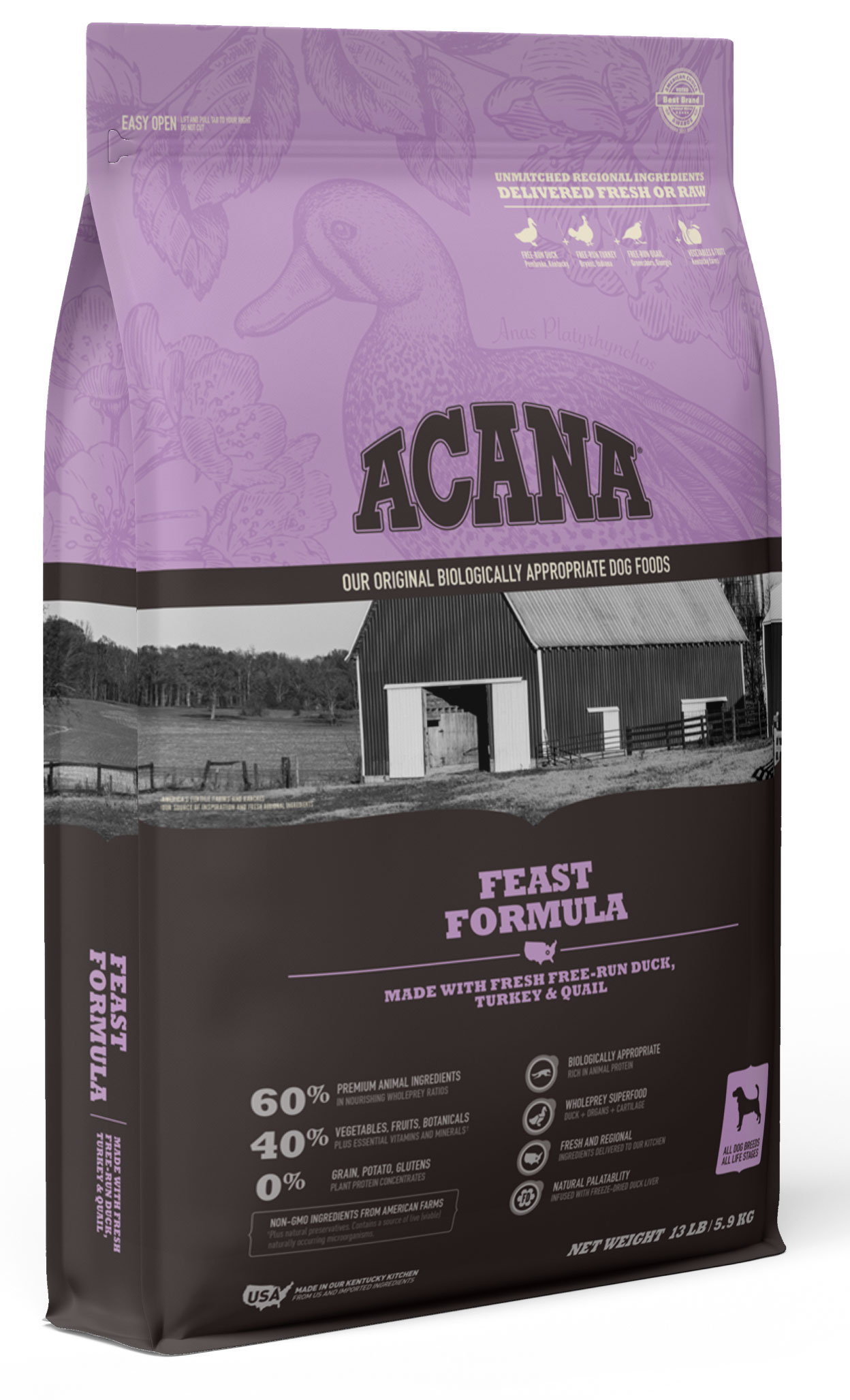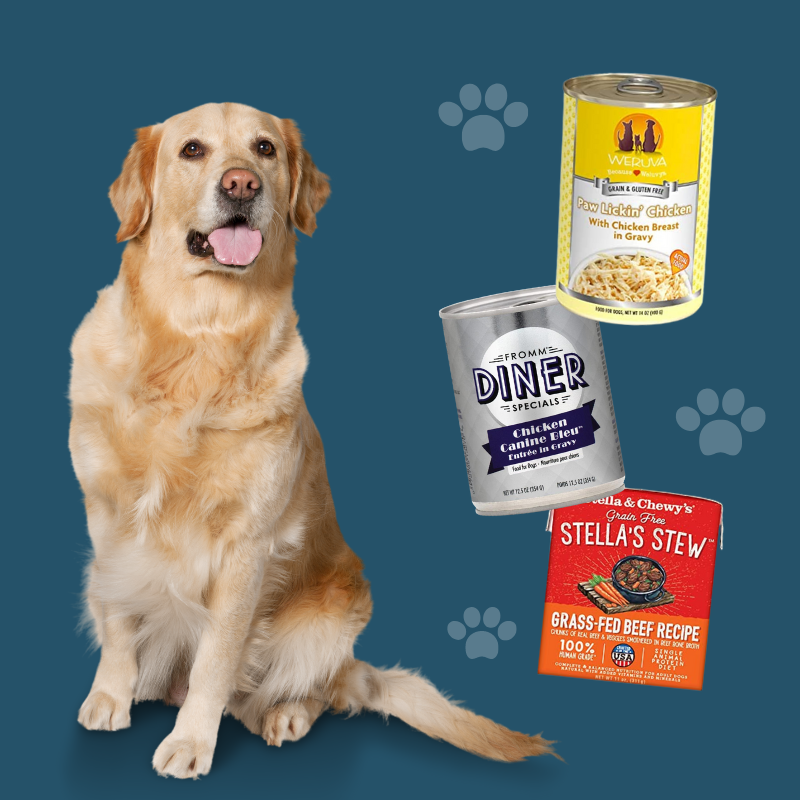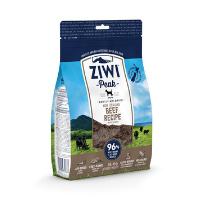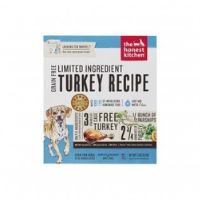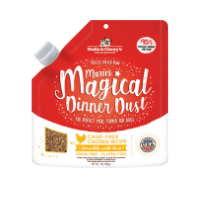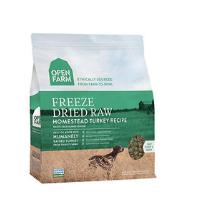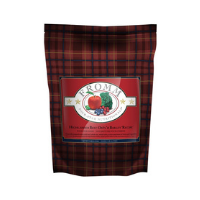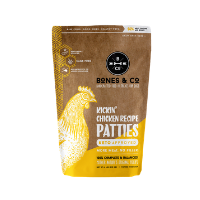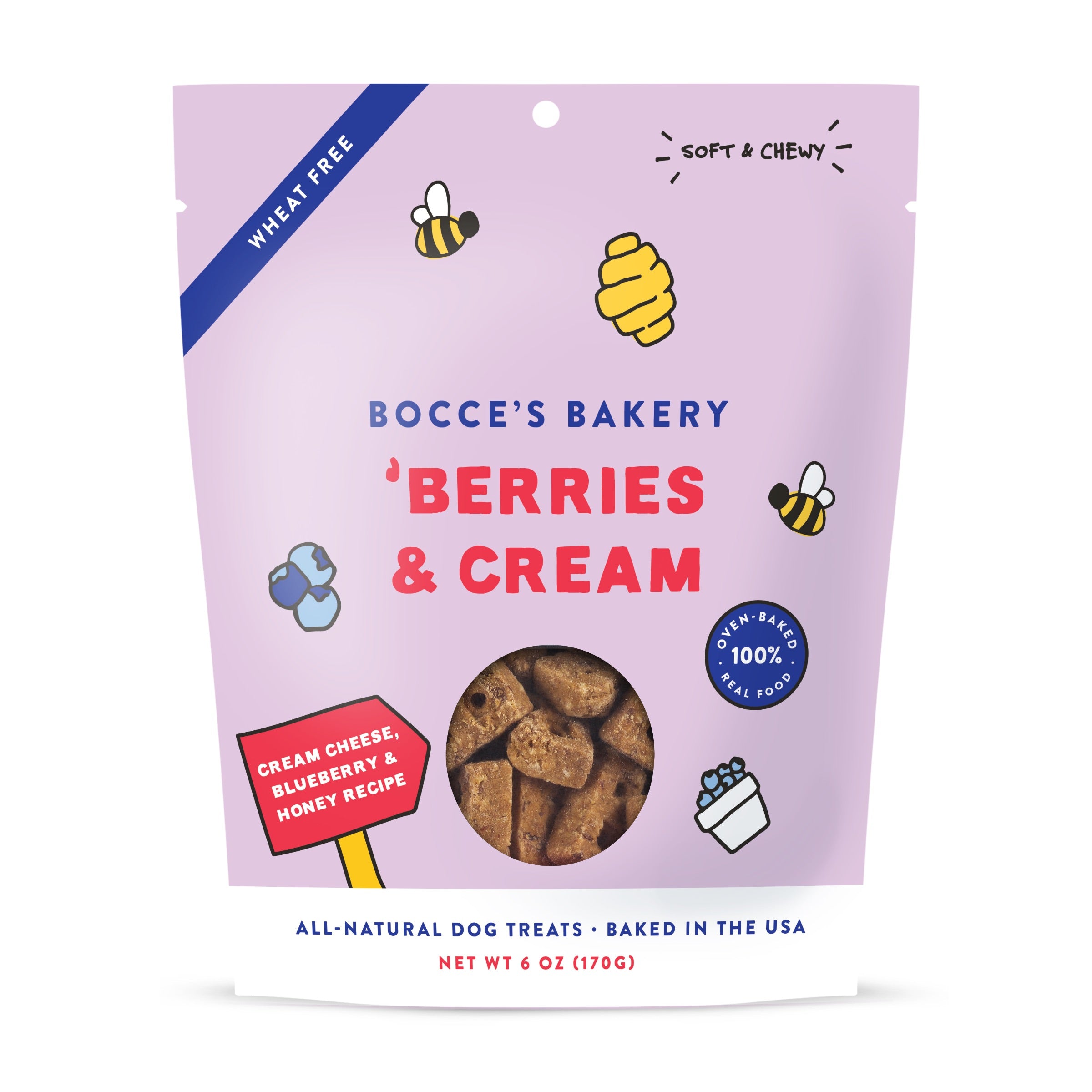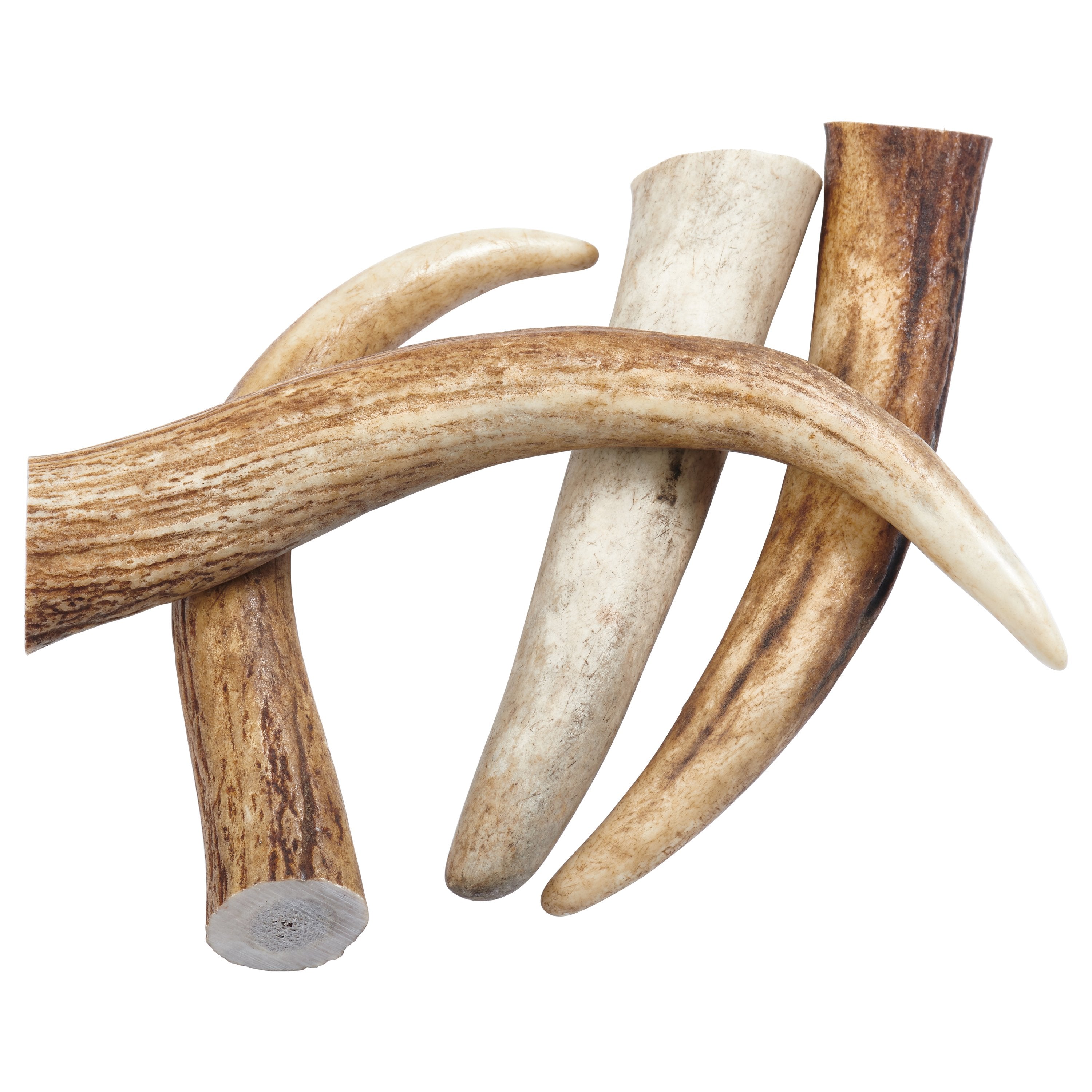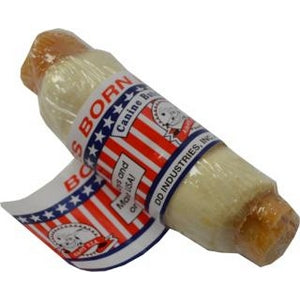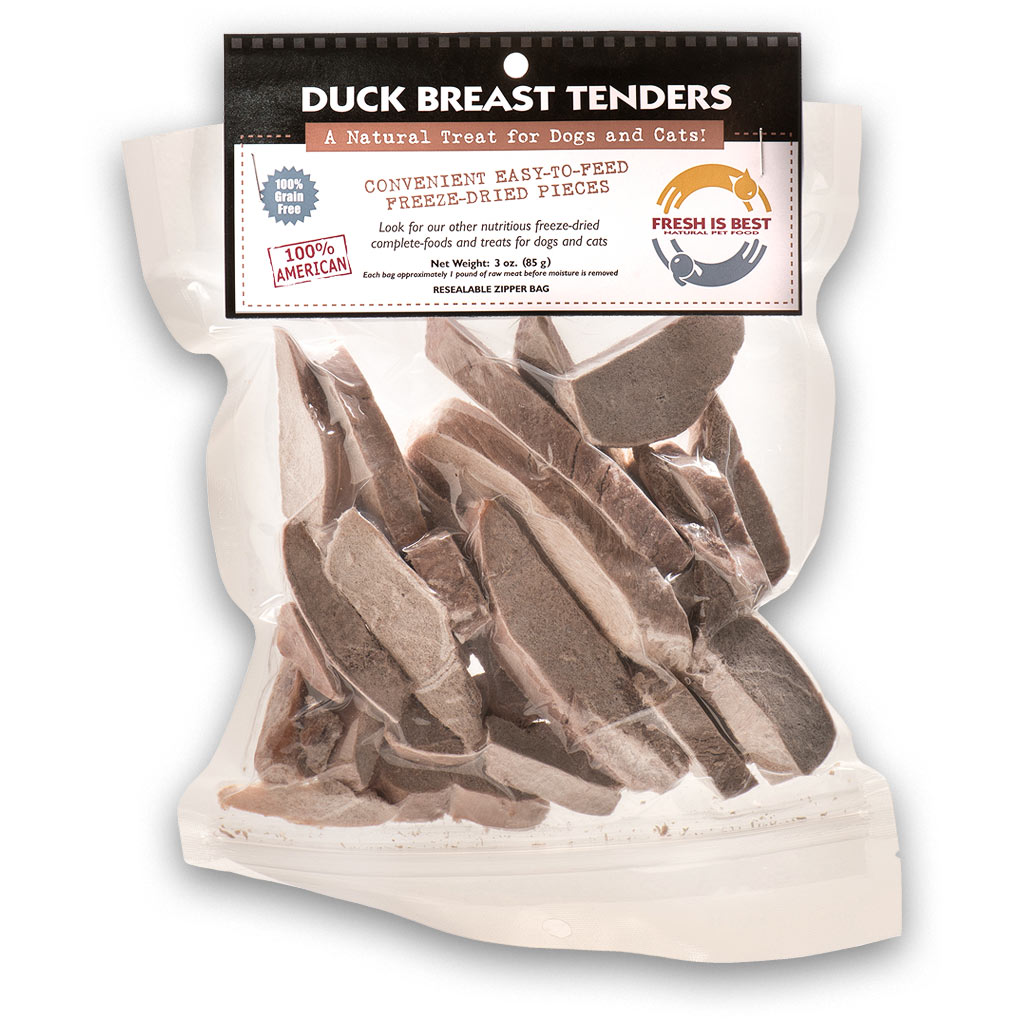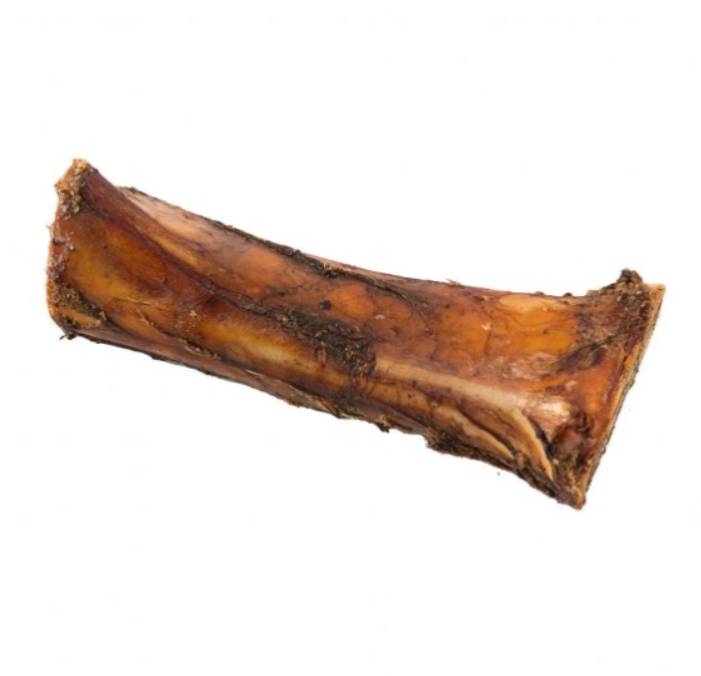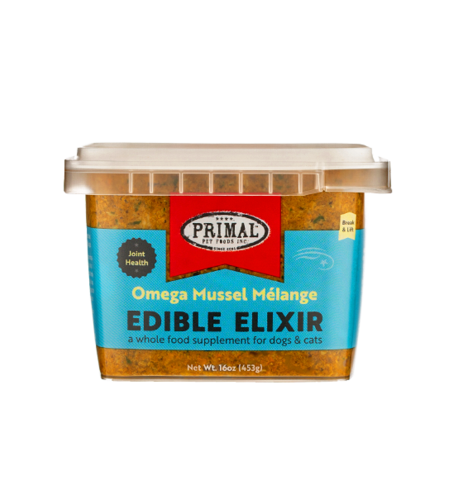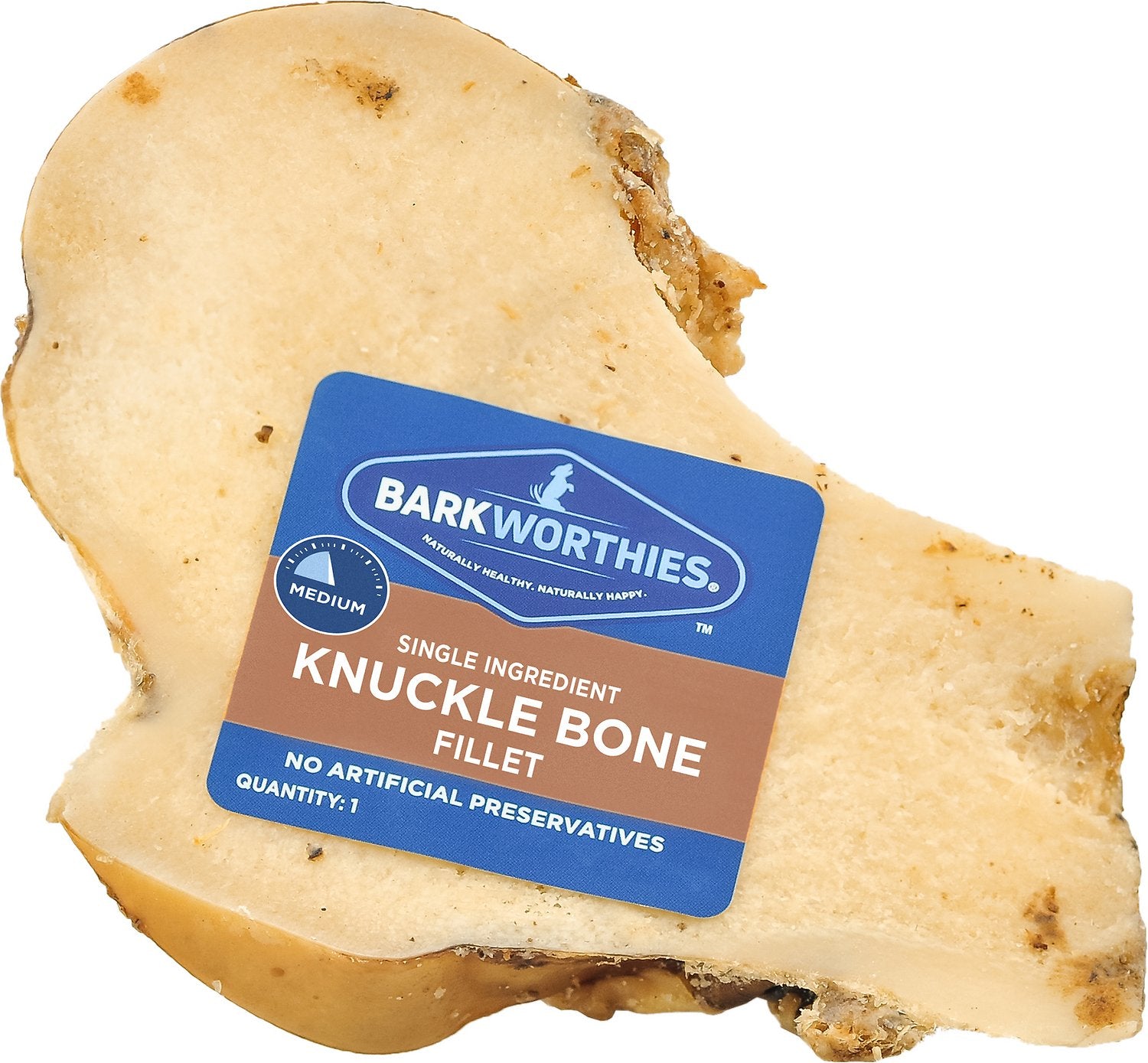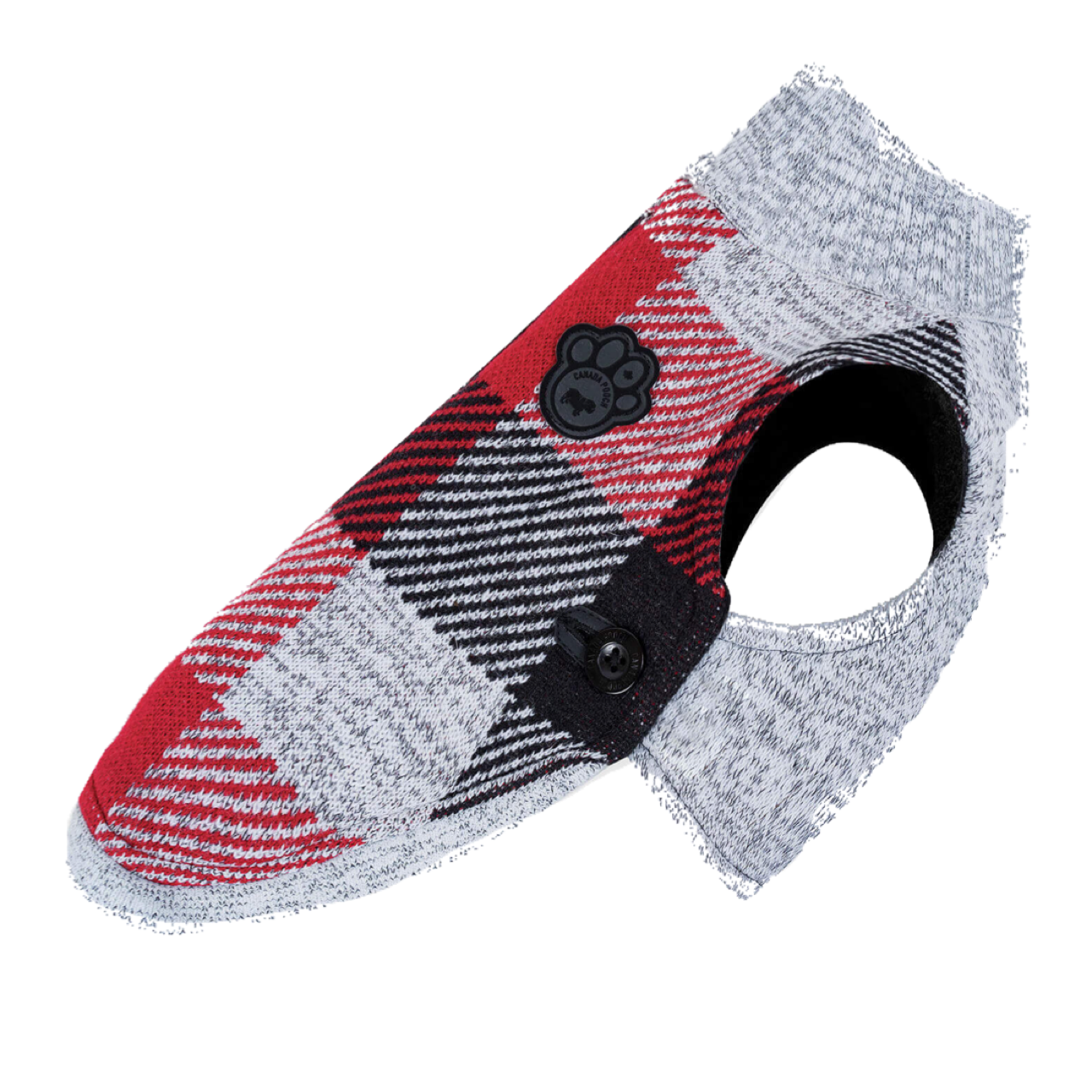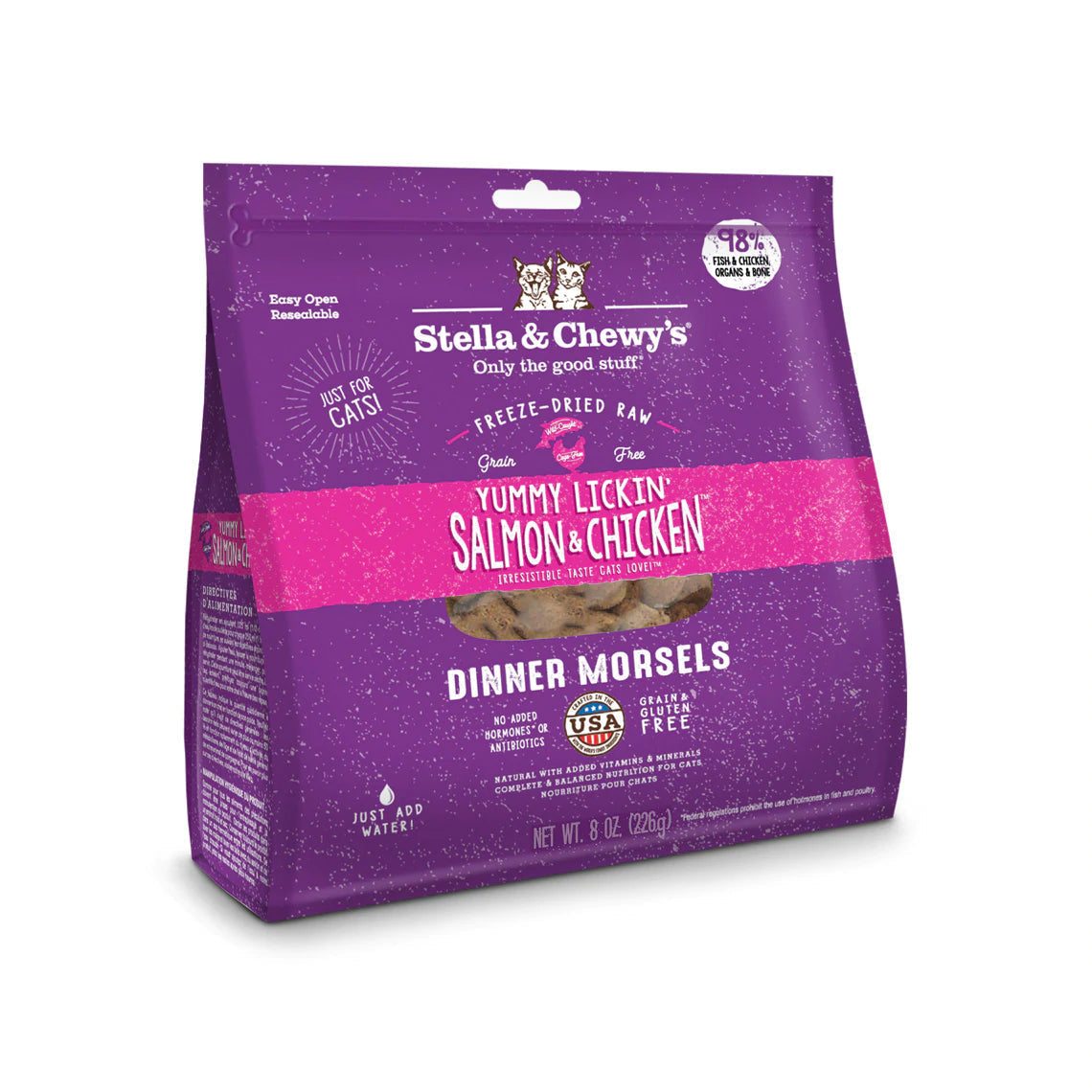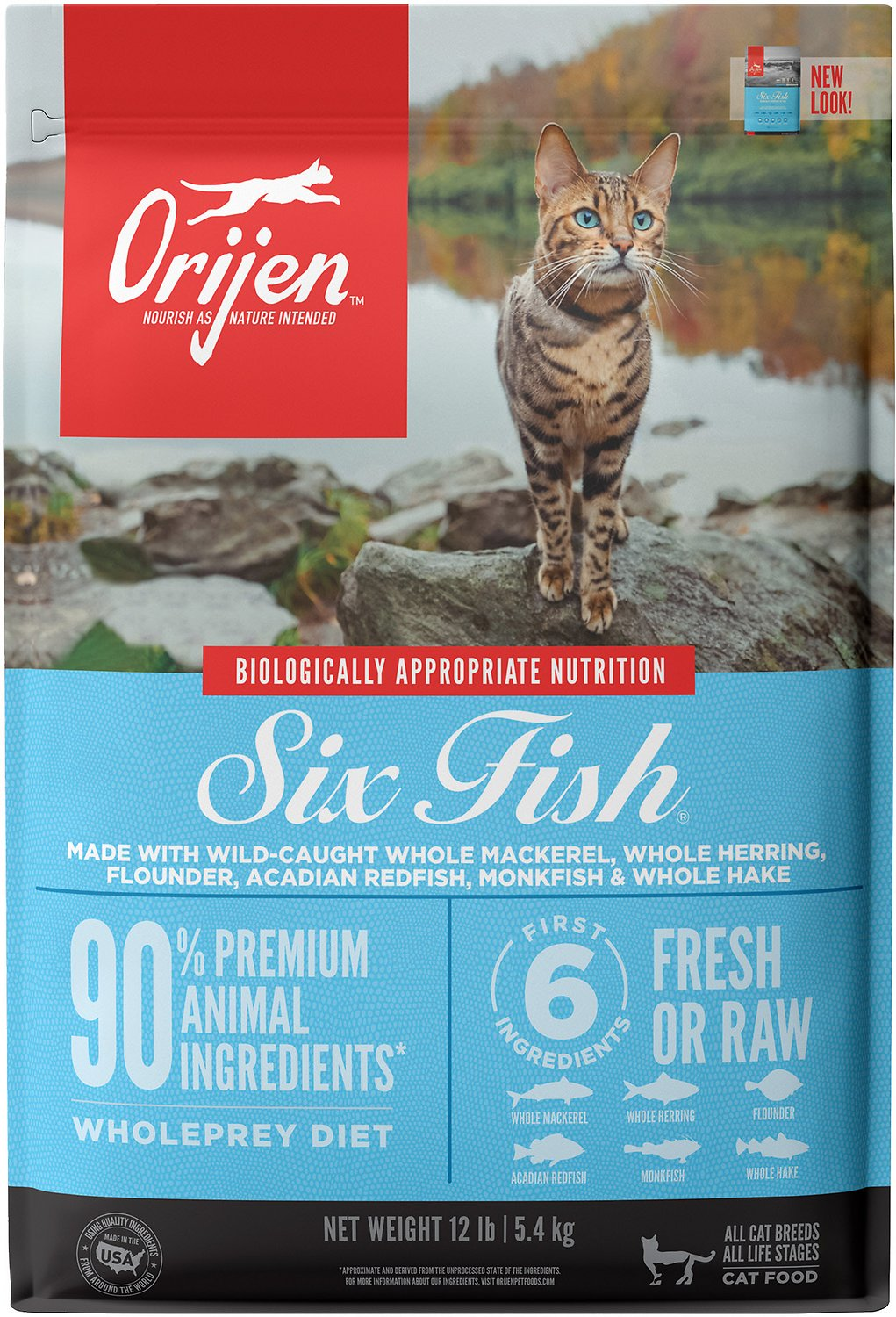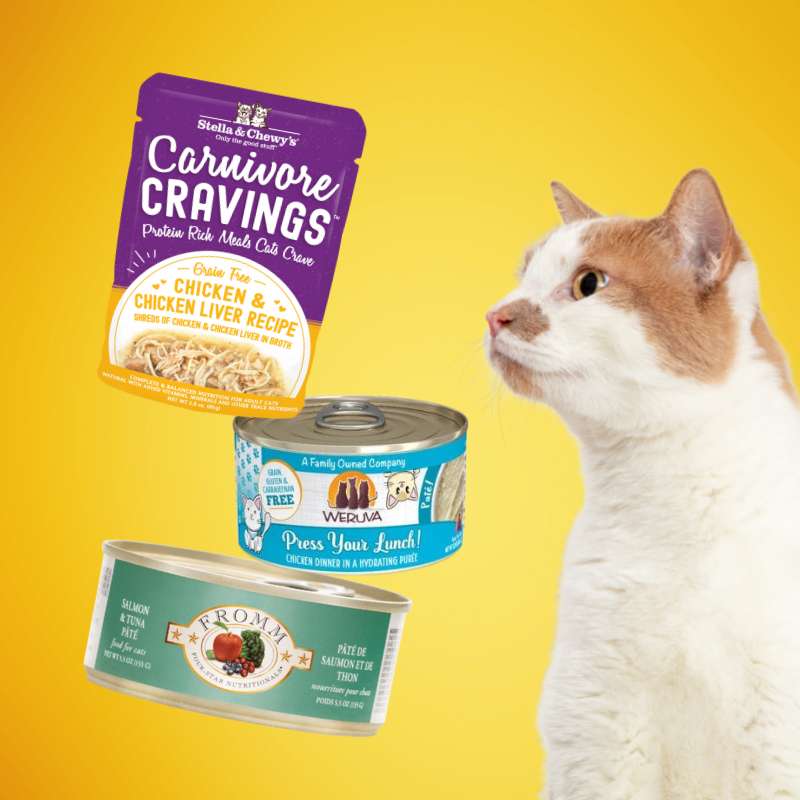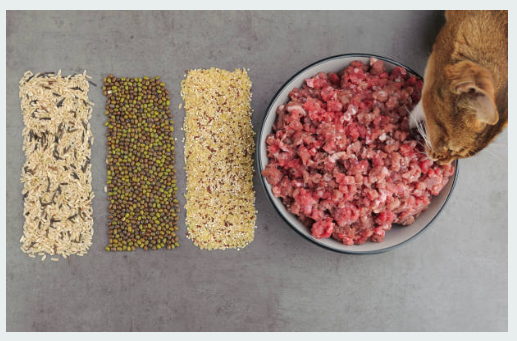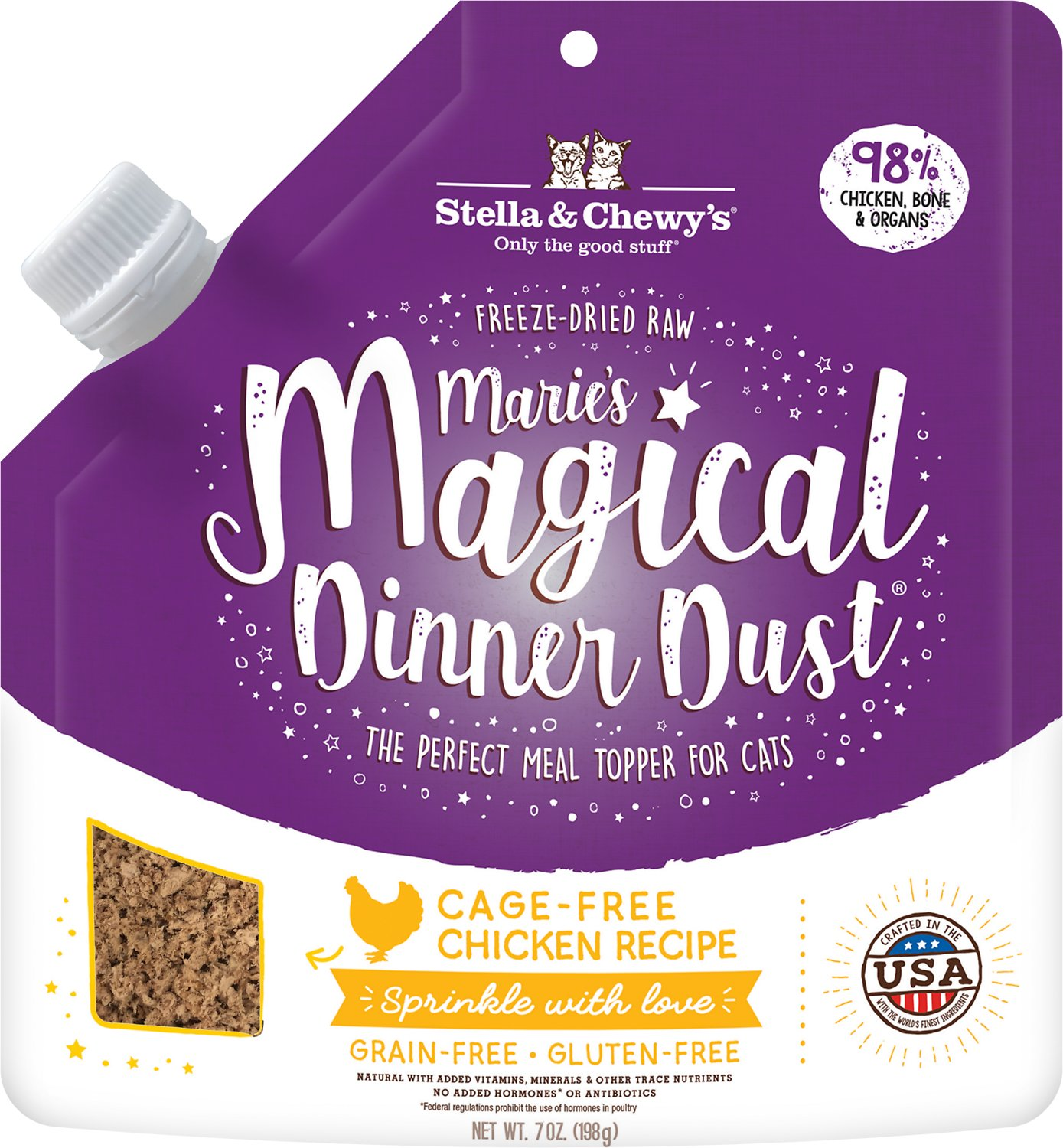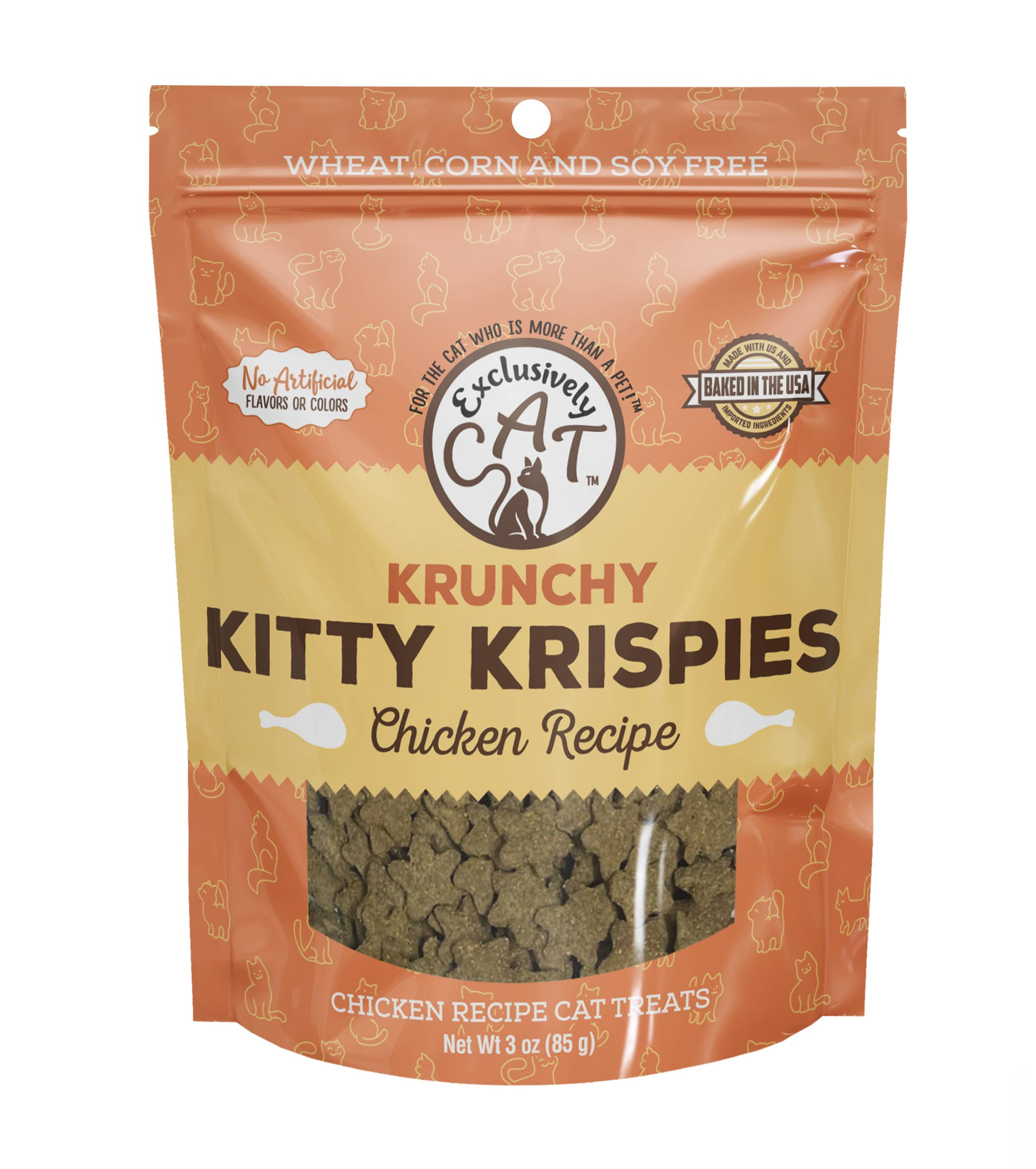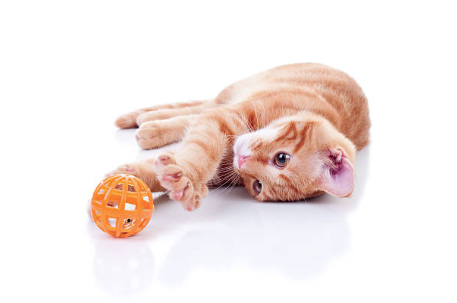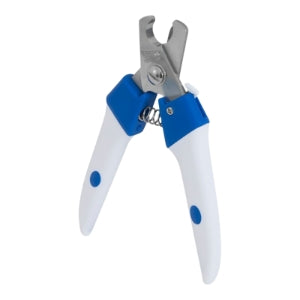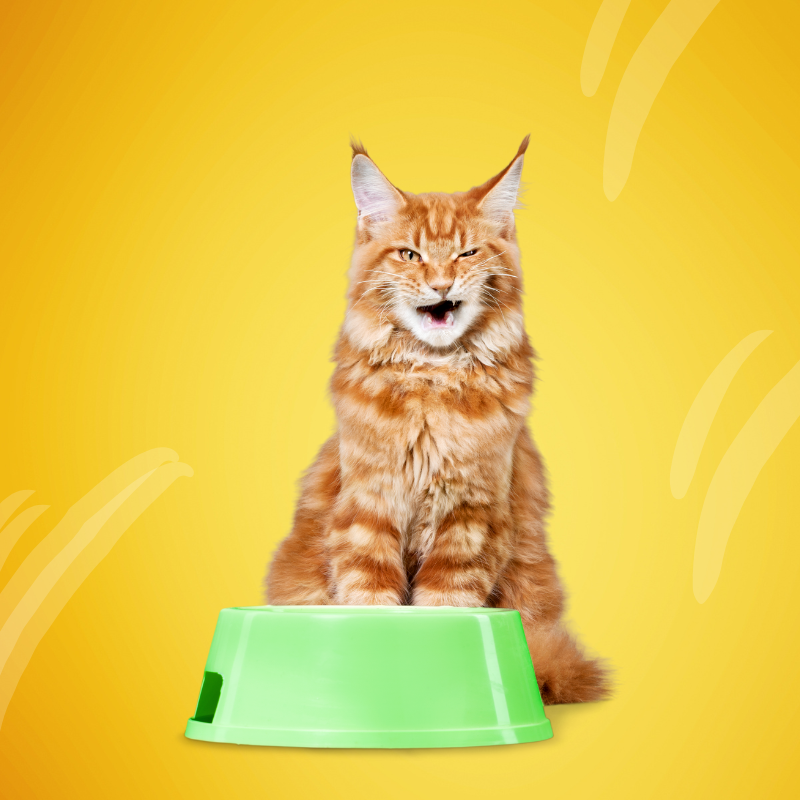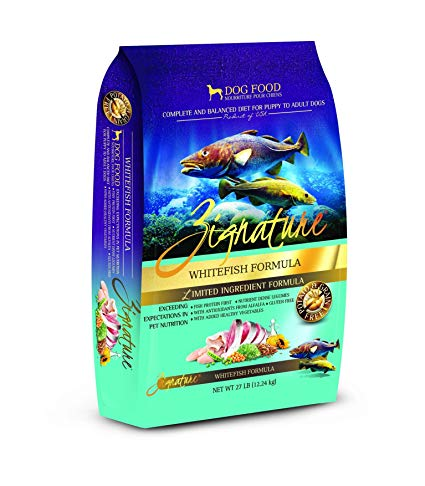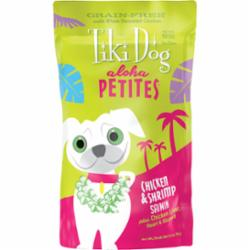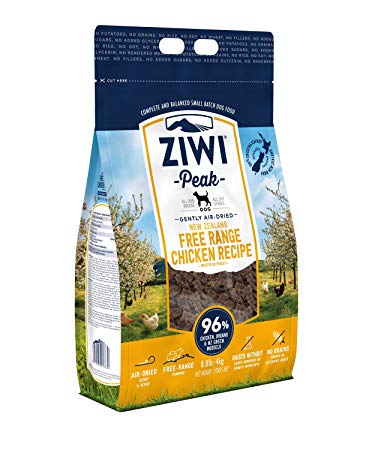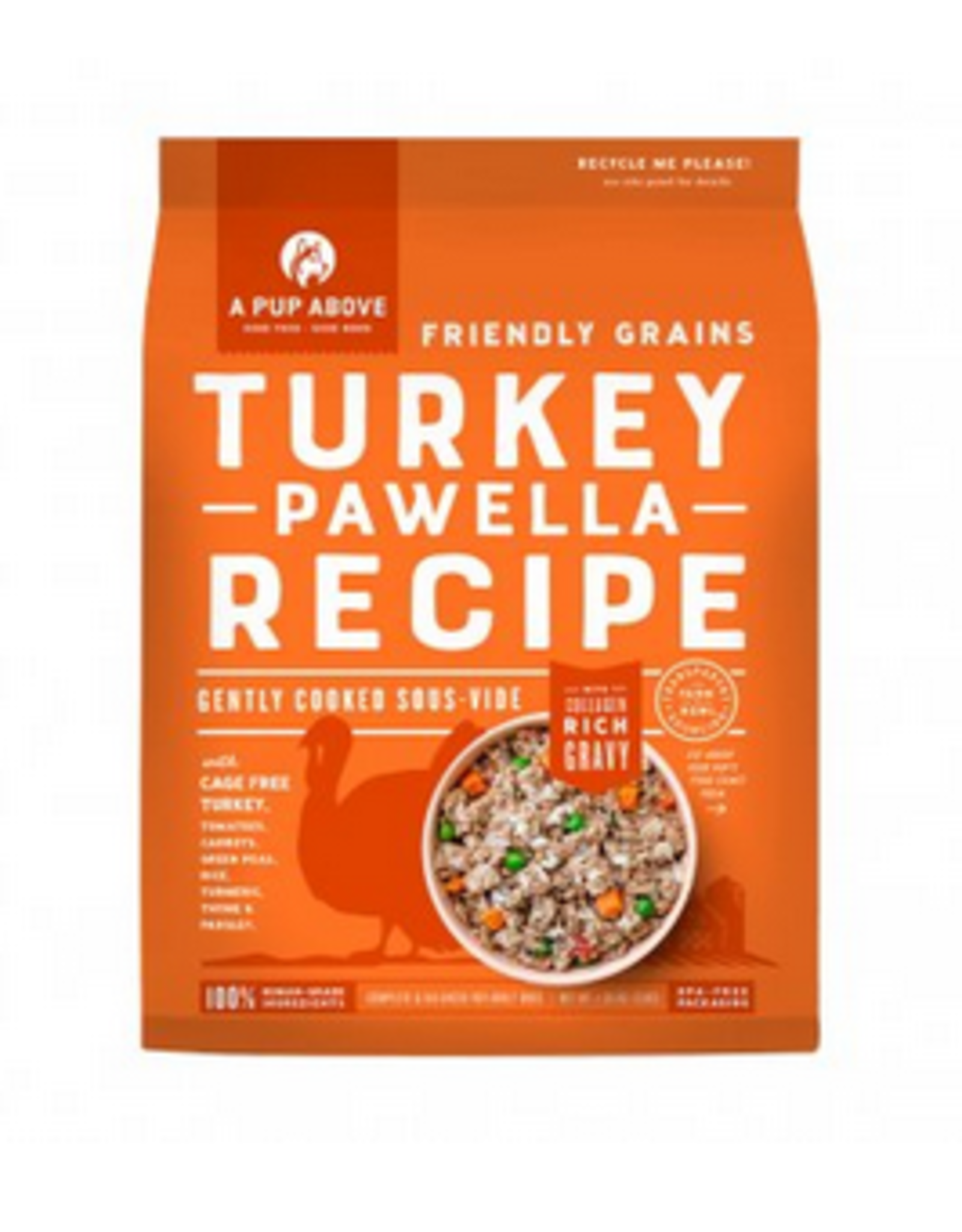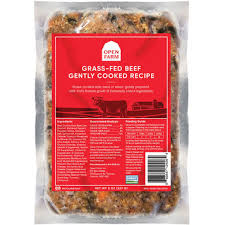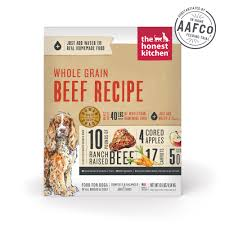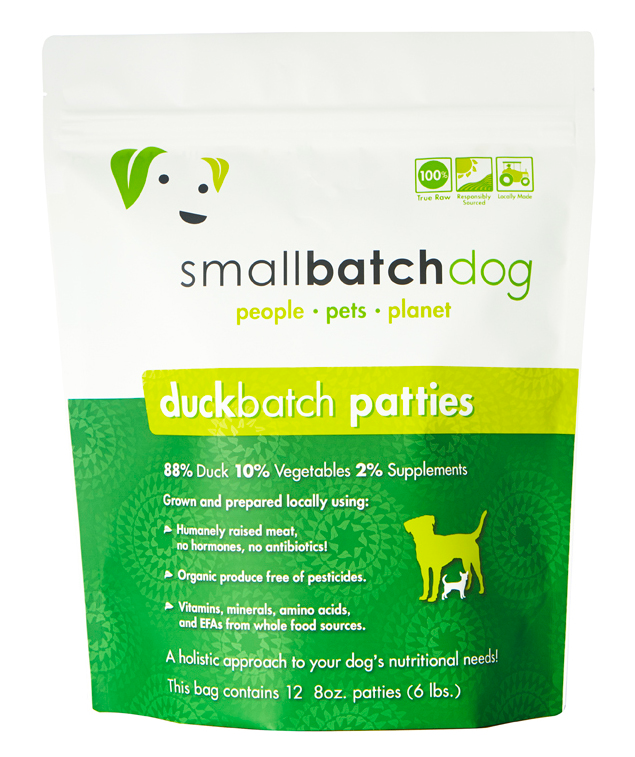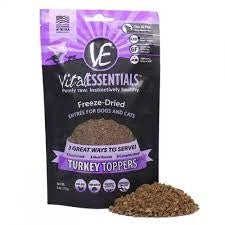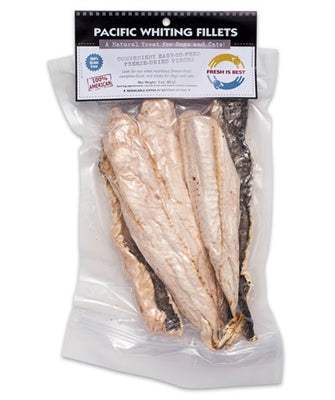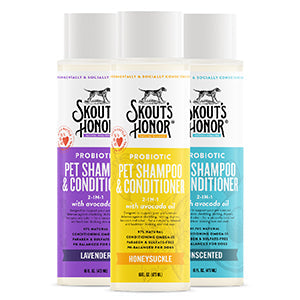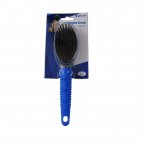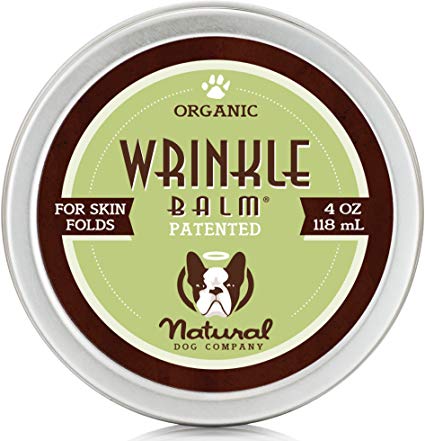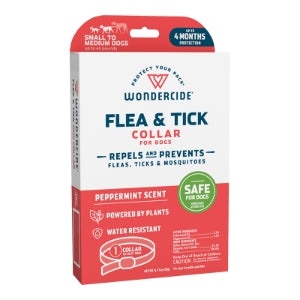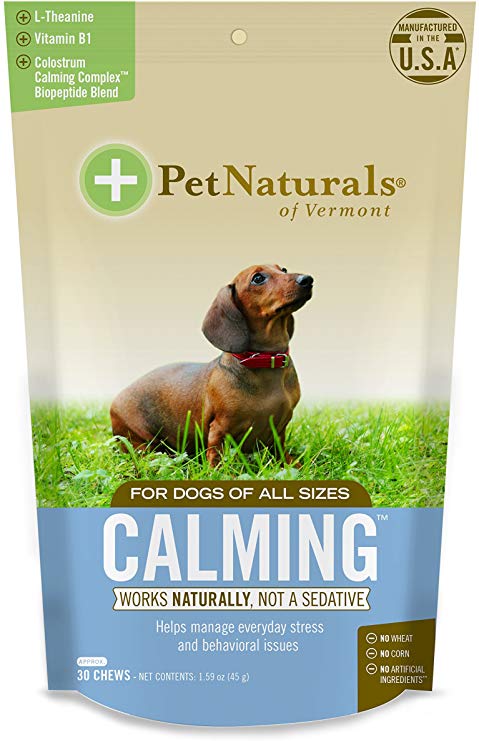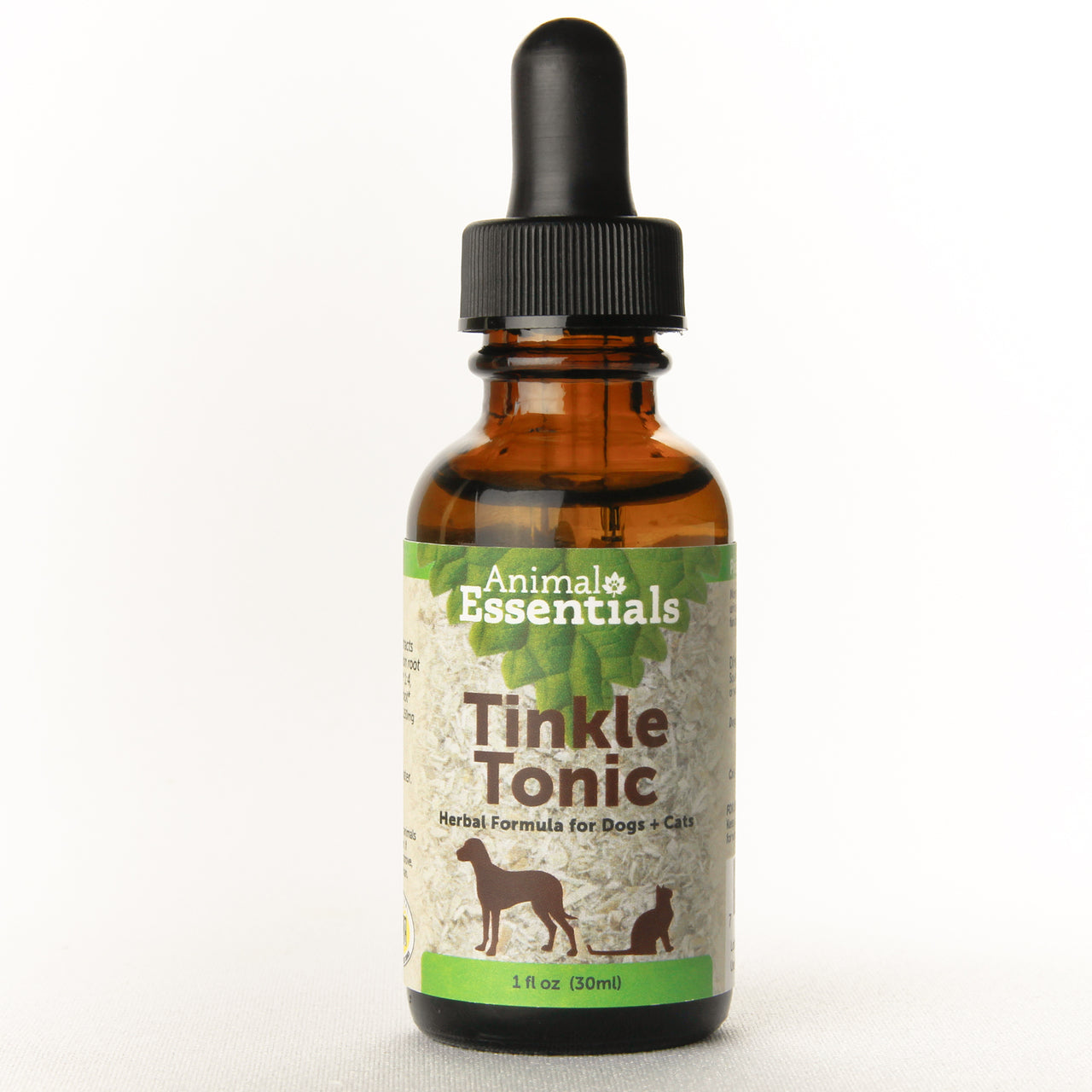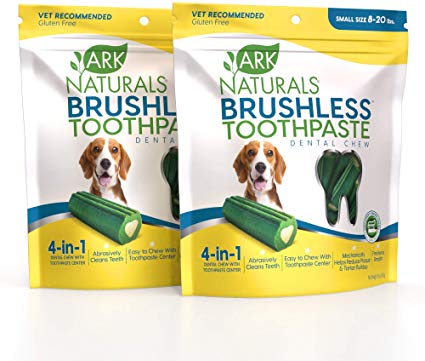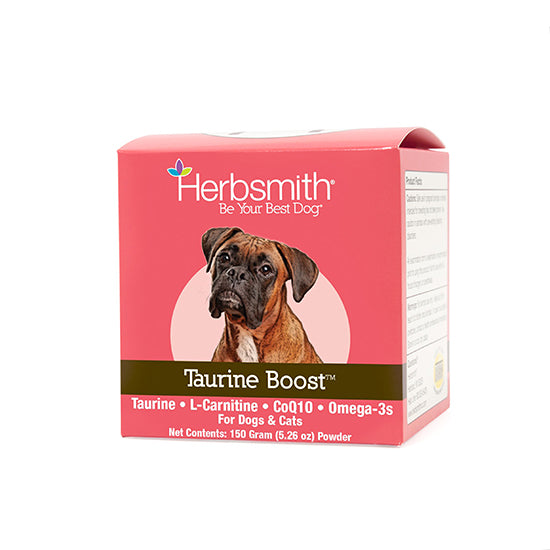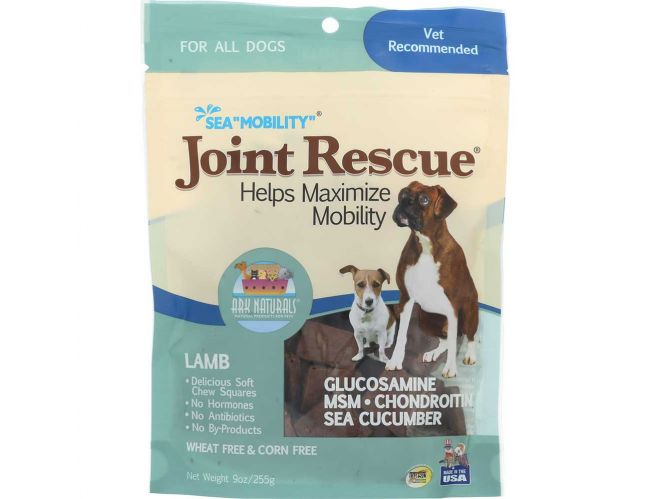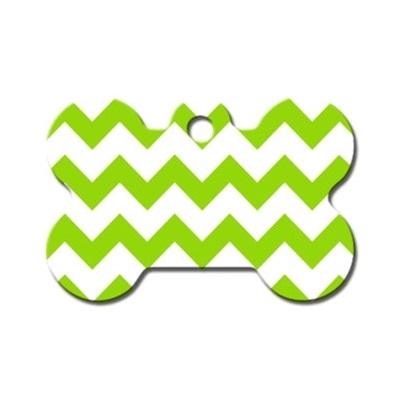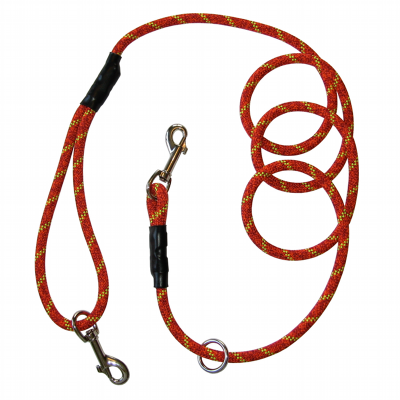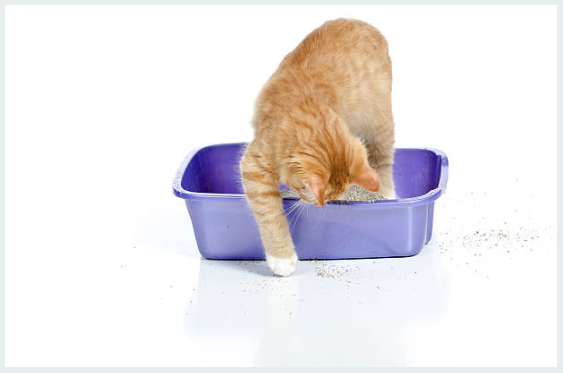When it comes to the diet of our beloved pets, understanding nutritional components is paramount. Among the various nutrients, protein stands out as a cornerstone of health for both dogs and cats. In this article, we will delve deep into the significance of protein in the diets of canine and feline companions, while also exploring sources, requirements, and common myths.
Understanding Protein: The Building Block of Life
Protein is a macronutrient that plays a critical role in the overall health of pets. It is composed of amino acids, which are essential for various bodily functions such as:
- Building and repairing tissues
- Producing enzymes and hormones
- Supporting immune function
- Providing energy
There are 22 amino acids in total, out of which 10 are essential for dogs and 11 for cats. This means that certain amino acids must be obtained through their diet, making protein a vital component of their overall nutrition.
Why is Protein Important for Dogs?
Muscle Development and Maintenance
Dogs are active animals that require adequate protein for muscle development. Puppies, in particular, need higher protein levels for their growing bodies, while adult dogs benefit from protein for muscle maintenance. Insufficient protein can lead to muscle wastage and poor physical condition.
Energy Source
While carbohydrates and fats serve as primary energy sources, protein can also provide energy. In low-carbohydrate situations, dogs can utilize protein as an energy source, helping maintain their vitality during physical activities.
Immune Support
A protein-rich diet promotes the production of antibodies, which are essential for a robust immune system. This is particularly important for older dogs or those with health issues, where a well-functioning immune system is crucial for maintaining health.
The Role of Protein in Cats: An In-depth Look
Nature as a Carnivore
Cats are obligate carnivores, meaning their diet primarily consists of animal-based proteins. Unlike dogs, they require higher protein levels due to their evolutionary adaptations. It is essential to provide appropriate animal proteins to meet their unique needs.
Amino Acids Requirements
Cats have specific amino acid requirements that differ from dogs. For example, taurine is crucial for heart health, vision, and reproduction. A deficiency in taurine can lead to severe health problems, making it vital to include protein-rich sources that offer this amino acid in a cat's diet.
Healthy Skin and Fur
High-quality protein contributes to healthy skin and a shiny coat in cats. It helps maintain the integrity of the skin and fur, preventing dryness and promoting a vibrant appearance. A balanced diet rich in protein ensures that your feline friend looks and feels their best.
How Much Protein Does Your Pet Need?
Determining the right amount of protein for dogs and cats depends on various factors, including age, weight, activity level, and health status. Generally, adult dogs require around 18-25% of protein in their diet, while cats usually need about 26-30% due to their higher protein demands.
Life Stages and Protein Needs
- Puppies: As puppies grow, their protein needs increase significantly, often recommended to be around 22-32% of their diet.
- Adult Dogs: Adult dogs typically require protein to be about 18-25%, depending on their activity level.
- Senior Dogs: Older dogs may benefit from slightly higher protein levels to maintain muscle mass and support their health.
- Kittens: Young kittens need approximately 30-35% protein to support their rapid growth.
- Adult Cats: Adult cats should have protein true to around 26-30% in their diet.
- Senior Cats: Elderly cats may require higher protein to support muscle maintenance as they age.
Choosing Quality Protein Sources
Animal-Based Proteins
High-quality proteins derived from animal sources are crucial for both dogs and cats. Common animal-protein sources include:
- Chicken
- Beef
- Turkey
- Fish
- Lamb
These sources not only provide essential amino acids but also contain beneficial compounds, such as omega fatty acids, vitamins, and minerals.
Plant-Based Proteins: Understanding Their Role
While animals provide the best sources of protein for dogs and cats, some plant proteins—such as peas, lentils, and chickpeas—can supplement their diet when combined with animal proteins. However, pet parents should be cautious, as plant proteins may not provide all essential amino acids and could lead to deficiencies if relied upon too heavily.
Dispelling Myths about Protein in Pet Diets
Despite the overwhelming evidence supporting the benefits of protein, numerous misconceptions exist. Here are some common myths debunked:
Myth 1: Dogs are Carnivores
While dogs are classified as omnivores, they can digest both animal and plant proteins effectively. However, they thrive better on diets that include animal-based protein.
Myth 2: More Protein Equals Better Health
While protein is essential, it is crucial not to overfeed protein, particularly in pets with specific health conditions. Always consult with a veterinarian for tailored dietary recommendations.
Myth 3: All Protein Sources are the Same
Not all protein sources are created equal. The digestibility and bioavailability of amino acids vary. Always choose high-quality animal proteins that your pets can easily digest.
Watching for Protein Deficiency: Signs to Look Out For
Being vigilant about your pet's health is crucial. Here are signs that your pet might not be getting enough protein:
- Weight Loss
- Weakness or Lethargy
- Dry Skin and Coat Problems
- Muscle Wasting
- Poor Immune Response
If you observe any of these symptoms, consult a veterinarian immediately to assess your pet's dietary needs.
Final Thoughts: Power Up Your Pet's Plate with Protein
Maintaining a balanced and nutritious diet for your furry friends is essential to their overall health and well-being. Understanding the vital role that protein plays in their diets will empower pet owners to make informed choices, ensuring that dogs and cats receive all the nutrients they need to thrive. Remember to prioritize high-quality protein sources and consult with a veterinarian for personalized dietary recommendations. By doing so, you’ll set your pets up for a vibrant, healthy life filled with energy and playfulness.


